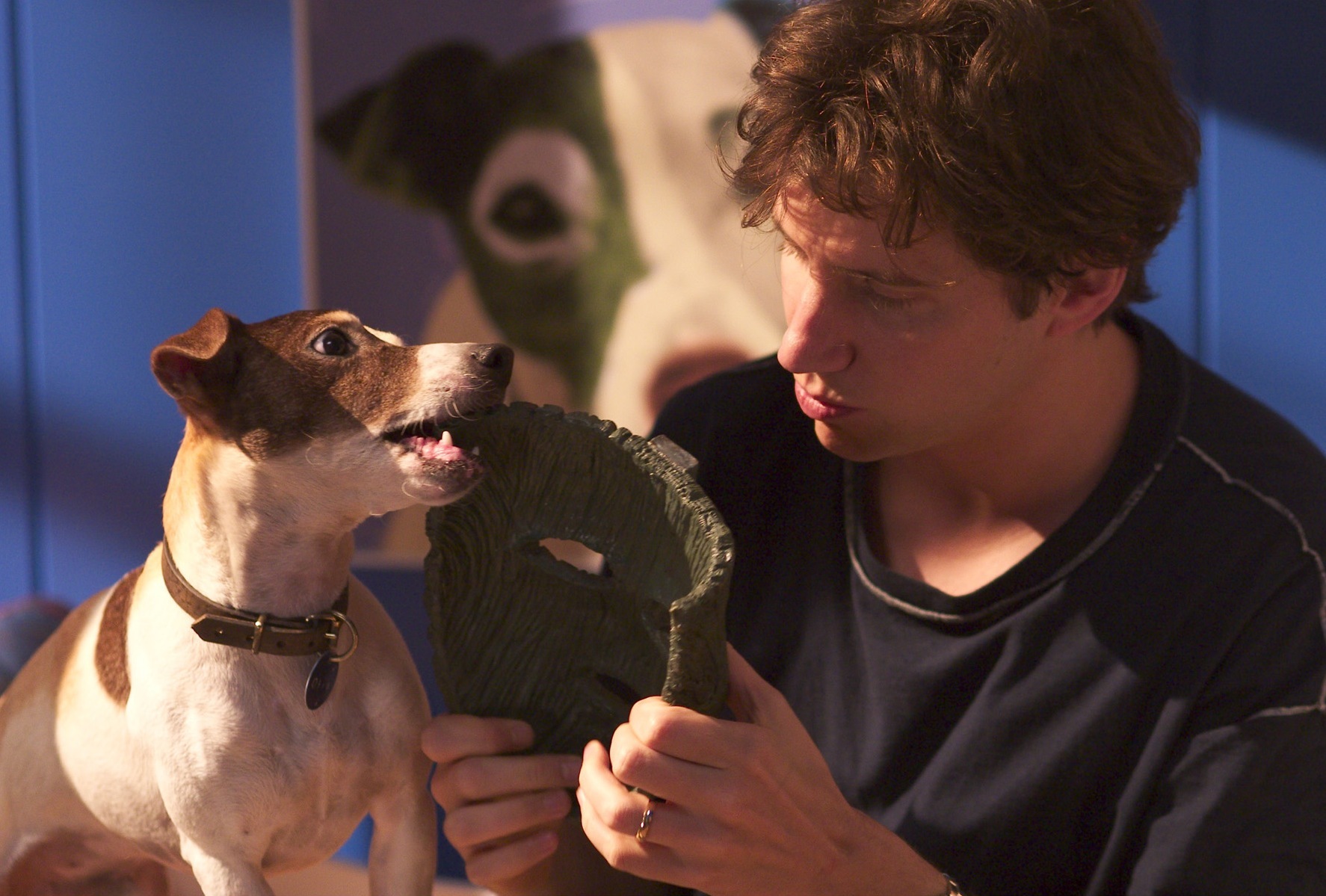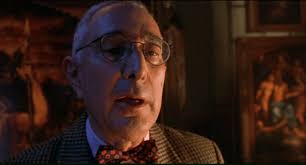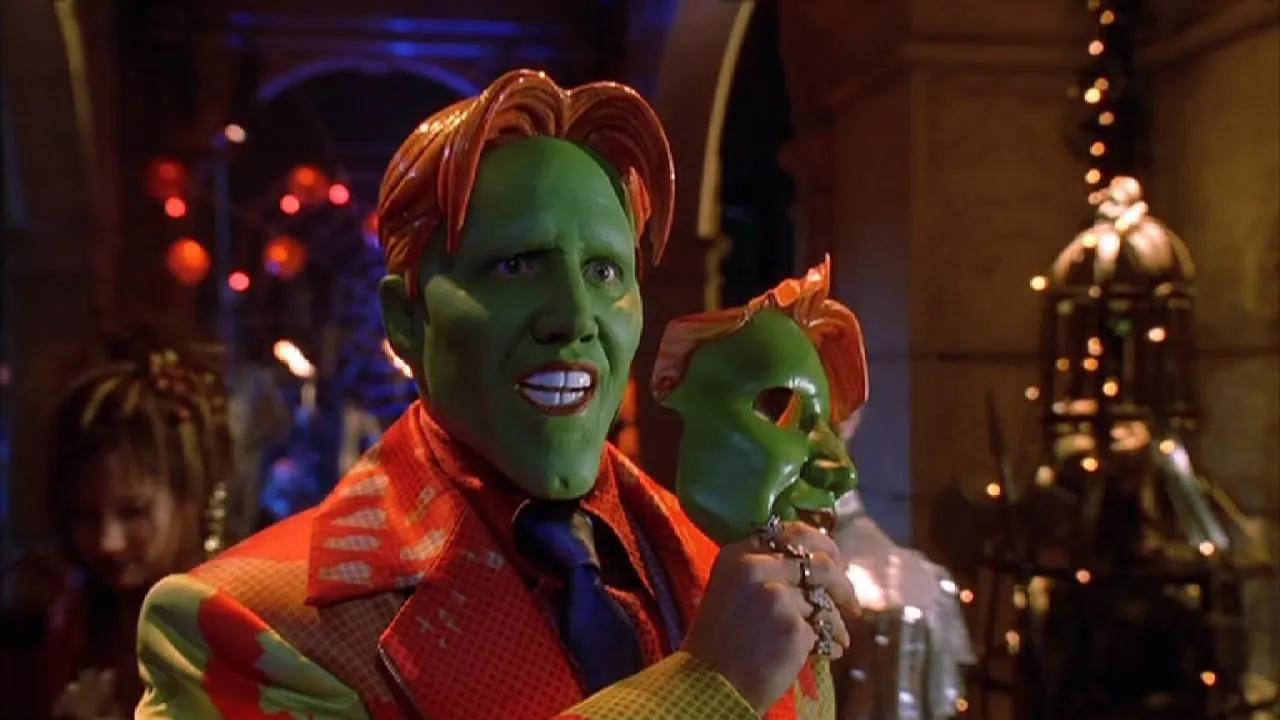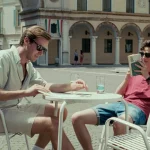Son of the Mask (2005)

Son of the Mask (2005) – A Misguided Sequel That Misses the MarkSon of the Mask (2005), directed by Lawrence Guterman, serves as a follow-up to the 1994 classic The Mask, but fails to recapture the magic of its predecessor. Starring Jamie Kennedy as Tim Avery, the film takes a different approach by focusing on family-friendly slapstick rather than the chaotic energy that made the original film a hit. Unfortunately, the result is a visually overstimulated yet narratively weak sequel that struggles to entertain both old fans and new audiences.
Plot Summary: A New Mask, A New Disaster
The story follows Tim Avery, a struggling cartoonist who stumbles upon the fabled Mask of Loki. Unlike Stanley Ipkiss (Jim Carrey) in the original film, Tim experiences the mask’s power in a different way—his newborn son, Alvey, inherits its supernatural abilities, leading to a series of chaotic and often bizarre events. Meanwhile, Loki (Alan Cumming), the Norse god of mischief, is on a mission to retrieve the mask, creating conflict between supernatural forces and the Avery family.
A Lackluster Lead Performance
Jamie Kennedy’s portrayal of Tim Avery is one of the film’s biggest weaknesses. Unlike Jim Carrey, whose elastic face and kinetic energy made The Mask a standout hit, Kennedy struggles to carry the film with his comedic timing and physicality. His performance feels subdued and uninspired, making it difficult for audiences to connect with his character or find his struggles particularly engaging.
Over-the-Top Visual Effects Without Substance
One of the defining features of Son of the Mask is its excessive reliance on CGI. While The Mask (1994) used special effects to enhance Carrey’s comedic performance, this sequel leans too heavily on computer-generated visuals without the charm or wit to support them. The exaggerated animations, particularly involving Alvey and Loki, come across as cartoonish in a way that feels more unsettling than humorous. Rather than elevating the comedy, the special effects often make scenes feel like a surreal fever dream rather than a cohesive film.
Misguided Tone and Humor
One of the film’s major downfalls is its confused tone. While the original The Mask balanced dark humor and over-the-top antics, Son of the Mask leans fully into family-friendly absurdity, losing the edge that made its predecessor appealing to a wide audience. The humor relies on slapstick gags, exaggerated baby antics, and uninspired jokes that fail to land. Without a compelling script or strong comedic performances, much of the humor falls flat.
Alan Cumming as Loki: A Missed Opportunity
Alan Cumming as Loki is one of the few bright spots in the film, but even his performance is bogged down by poor writing and excessive CGI effects. Cumming has the theatrical presence to bring mischief to life, yet his character feels more like a cartoon villain than a formidable antagonist. The film wastes his potential by relying on overdone effects rather than allowing him to showcase his natural charisma and comedic chops.
A Sequel That Misses the Core Appeal
The biggest problem with Son of the Mask is its failure to understand what made The Mask so beloved. The original film thrived on Jim Carrey’s energy, sharp writing, and a perfect blend of practical and digital effects. This sequel, however, feels like a misguided attempt to reimagine the story for a younger audience while stripping away everything that made the first film enjoyable. It neither captures the spirit of The Mask nor successfully reinvents itself as a standalone story.
The Film’s Reception and Legacy
Critically, Son of the Mask was met with overwhelmingly negative reviews, holding one of the lowest ratings on Rotten Tomatoes for a sequel. Audiences also rejected the film, leading to a poor box office performance and cementing its reputation as one of the worst sequels ever made. Despite its failure, the film has gained a certain notoriety in pop culture, often referenced as an example of how not to handle a beloved franchise.
Final Verdict: A Forgettable and Unnecessary Sequel
Son of the Mask is a textbook example of a sequel that completely misinterprets the strengths of its predecessor. With weak performances, excessive CGI, and humor that fails to entertain, it stands as a cautionary tale in the world of follow-ups. Unless you’re curious about how far a franchise can fall, this is one film best left in obscurity. If you’re looking for the true magic of the Mask, the original 1994 film remains the only version worth watching.












